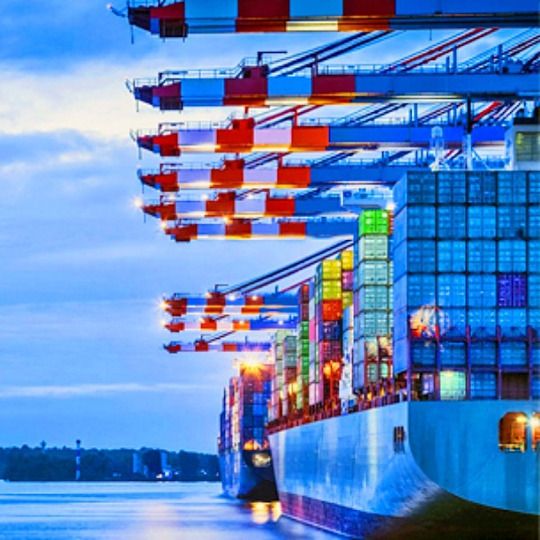Shipping goods to the Netherlands smoothly often hinges on effective collaboration with a local shipping agent. Knowing how to work with a local Netherlands shipping agent can streamline your logistics, cut costs, and ensure timely deliveries. Here are essential strategies to make the most of this partnership.
1. Find the Right Fit
Research Extensively
Start by exploring various local agents. Ch
ec their websites, online reviews, and social media presence. Look for agents with a proven track record in handling shipments similar to yours.
Seek Recommendations
Reach out to industry peers, business associates, or trade organizations. Their firsthand experiences can point you to reliable agents and help you avoid potential pitfalls.
2. Open Lines of Communication
Set Clear Goals
From the beginning, share your shipping objectives, deadlines, and any special requirements. Whether it’s handling perishable items or meeting tight delivery schedules, clarity helps the agent plan accordingly.
Maintain Regular Updates
Use emails, calls, or messaging apps to stay in touch throughout the shipping process. Regular updates on cargo status and potential issues keep both parties informed and proactive.
3. Understand the Agreement
Review Terms Carefully
Before finalizing the partnership, thoroughly read the contract. Pay close attention to service fees, delivery timelines, and liability clauses. Don’t hesitate to ask for clarifications on any unclear points.
Agree on Pricing
Have an open discussion about the pricing structure. Understand how fees are calculated, including any additional charges for customs, storage, or rush services. Transparent pricing builds trust.
4. Collaborate on Customs
Provide Accurate Docs
Work with the agent to prepare all necessary customs documents. Correct commercial invoices, bills of lading, and certificates of origin are vital for smooth customs clearance.
Leverage Their Expertise
Local agents know Dutch customs regulations inside out. Rely on their knowledge to navigate complex procedures, avoid delays, and ensure compliance with all requirements.
5. Monitor and Improve
Track Shipments Closely
Use the tracking tools provided by the agent to monitor your cargo’s journey. Set up alerts for key milestones to stay informed and address any delays promptly.
Evaluate Performance
After each shipment, assess the agent’s performance. Consider factors like delivery speed, communication quality, and problem – solving ability. Share feedback to enhance future collaborations.
In conclusion, mastering how to work with a local Netherlands shipping agent involves finding the right partner, communicating clearly, understanding the agreement, collaborating on customs, and continuous monitoring. By following these strategies, you can build a strong partnership that benefits your shipping operations to the Netherlands. For more professional guidance on shipping, companies like China Top Freight can offer valuable insights into the industry.


